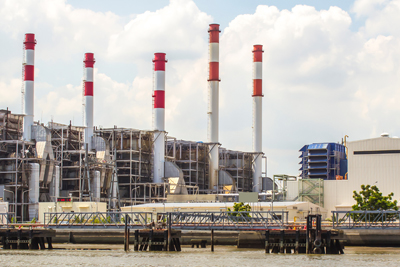Project Finance for Thermal and Geo-Thermal Power Plants
Despite the rise of renewable energy, thermal power plants remain crucial for energy security and economic growth globally, particularly in regions like Russia, the CIS, the EU, the USA, Latin America, Africa, the Middle East, India, and East Asia. Fossil fuel plants (natural gas, oil, coal) dominate the energy mix, while biomass power plants are gaining priority in many nations. This makes project finance vital for funding thermal power initiatives.
Growth of Project Finance
Project finance has surged over the past decade, rising from $198 billion in 2012 to over $277 billion by 2015, supporting sectors like thermal energy, renewables, infrastructure, and more. It’s especially critical for capital-intensive thermal projects facing complex equipment needs and strict environmental regulations.
Benefits of Project Finance
- Off-balance-sheet financing: Keeps debt off sponsors’ books.
- Efficiency: Boosts project performance.
- Favorable terms: Secures better funding conditions.
- Risk distribution: Spreads risks among participants.
- Tax optimization: Enhances financial outcomes.
PNTV, an international firm, provides financial services, including investment and modeling, partnering with major banks, funds, and equipment suppliers worldwide to deliver tailored soluti
Corporate Financing in Thermal & Geo Thermal Power
Traditional corporate loans rely on a company’s existing cash flows and assets, appearing on the balance sheet. These loans, typically shorter-term (7-8 years), are cheaper and simpler than project finance, with flexible use of funds. Banks assess risk using metrics like the net debt/EBITDA ratio (capped at 3.0), favoring companies with low debt and strong positions.

Project Finance Features
- High leverage: Up to 80% borrowed capital.
- Long repayment terms: 10-15+ years.
- Limited recourse: Lenders have minimal claim on sponsors’ assets.
Risks and Considerations
Banks evaluate:
- Contracts for energy sales and fuel supply.
- Technology reliability and environmental impact.
- Regulatory and market risks (e.g., fuel costs, emissions rules).
Contact PNTV for financing details and project support
